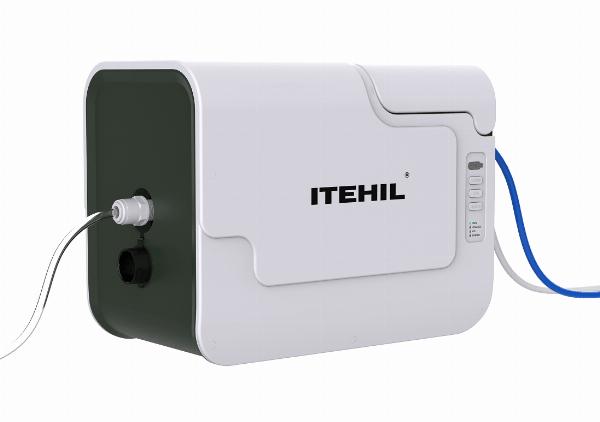Can Water Filters Remove Microplastics?

Strong 8k brings an ultra-HD IPTV experience to your living room and your pocket.
As plastic pollution becomes increasingly severe, microplastics have emerged as an invisible killer in the environment, attracting widespread attention. Microplastics, plastic particles less than 5 millimeters in diameter, originate from industrial waste, household wastewater, and the degradation of plastic products. They not only harm the environment but can also enter the human body through the food chain, posing potential health risks. This raises a critical question: can water filters effectively remove microplastics? This article will explore the effectiveness of different types of water filters in removing microplastics.
Characteristics of Microplastics
Microplastics are divided into two main categories: primary microplastics and secondary microplastics. Primary microplastics are intentionally manufactured small particles, such as industrial microbeads; secondary microplastics result from the degradation of larger plastic products. The size of microplastics ranges from nanometers to a few millimeters, typically suspended or settled in water, which increases the difficulty of filtration.
Types of Water Filters
Common types of water filters include the following:
- Simple Filters: Such as activated carbon filters are mainly used to remove odors and large particles.
- Reverse Osmosis Filters: Utilize a semi-permeable membrane to effectively remove most contaminants, including microplastics.
- Ultrafiltration and Nanofiltration Systems: Use fine-pore membranes to remove smaller particles.
- Other Filtration Technologies: Such as ceramic filters rely on physical barriers to block small particles.
Effectiveness of Different Water Filters in Removing Microplastics
- Activated Carbon Filters: Primarily rely on adsorption to effectively remove most chemical contaminants but have limited effectiveness in filtering microplastics due to their typically small size and difficulty in being adsorbed.
- Reverse Osmosis Filters: It is recommended to use the ITEHIL portable reverse osmosis water filtration system, which can remove 99.99% of pollutants, including microplastics. At the same time, it adopts a portable design and can be easily carried with you, so that you can get safe drinking water anytime, anywhere..
- Ultrafiltration and Nanofiltration Systems: Have smaller pore sizes, effectively removing smaller microplastics but may not filter the tiniest nano-sized particles.
- Ceramic Filters: Offer good physical filtration, but the effectiveness varies with the size of the microplastic particles.
Precautions for Using Water Filters
Choosing the right type of filter is crucial. You need to select an appropriate filter based on the specific pollution conditions of your water source. Regular replacement and maintenance of filters are also key to ensuring their effectiveness. Additionally, it is advisable to conduct water quality tests before and after using the filter to ensure its effectiveness.
Other Ways to Reduce Microplastic Pollution
Besides using water filters, reducing microplastic pollution requires addressing the source:
- Reduce the Use of Plastic Products: Use reusable bags, bottles, etc.
- Improve Waste Management and Recycling Systems: Prevent plastic waste from entering the natural environment.
- Raise Public Awareness of Microplastic Pollution: Through education and publicity, increase public environmental awareness.
Conclusion
Water filters show some effectiveness in removing microplastics, especially reverse osmosis and ultrafiltration systems. However, consumers should choose the right filter based on their specific needs and ensure regular maintenance and replacement. In the future, with technological advancements, filtration technology is expected to improve further. Until then, everyone should do their part to reduce plastic usage and collectively address the issue of microplastic pollution.
Note: IndiBlogHub features both user-submitted and editorial content. We do not verify third-party contributions. Read our Disclaimer and Privacy Policyfor details.


